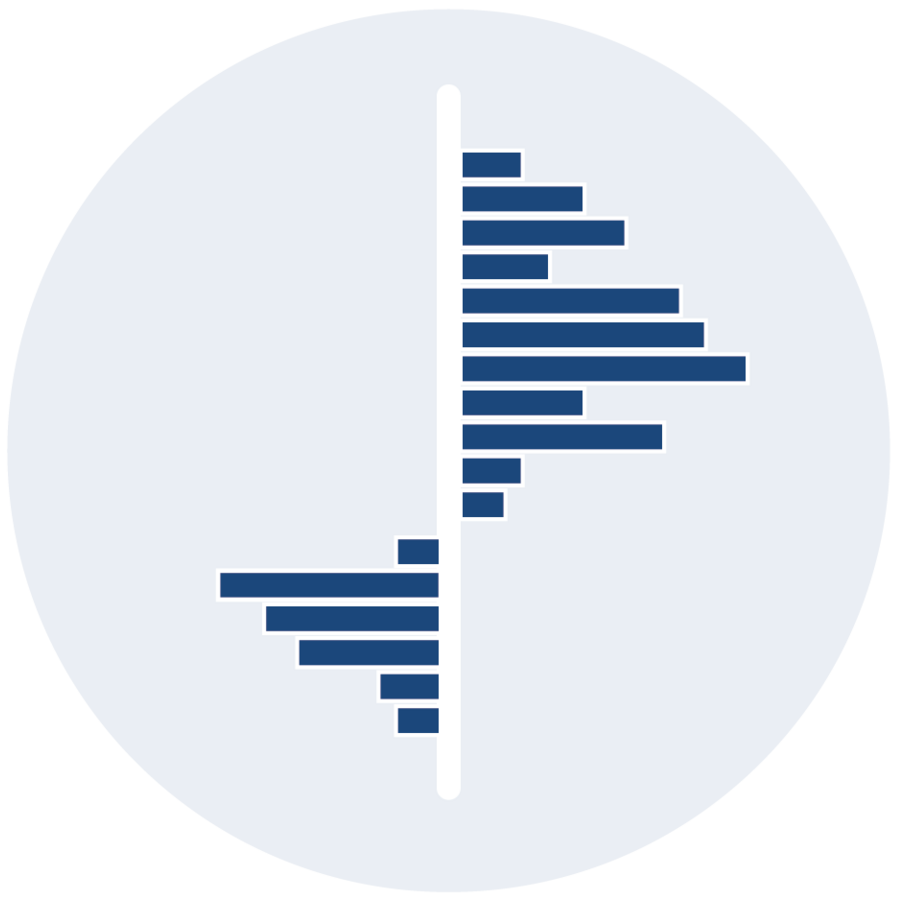R4: Statistics
Following the recommendations of the reviewers of the initial RTG proposal, we have also strengthened the role of statistics and introduced for the third cohort the new research area R4 Statistics with the principal investigators Prof. Dr. Werner Brannath, Prof. Dr. Thorsten Dickhaus and Prof. Dr. Vanessa Didelez.
Research area R4 analyses statistical approaches to parameter identification problems. Modern statistical research centres around high-dimensional, complex structured data, which often exhibit strong (spatial, temporal, spatio-temporal, or causal) dependencies. This poses challenges for the modelling and for the inference steps of statistical data analysis. In particular, high-dimensional parameter spaces require proper regularisation techniques as well as sophisticated algorithms and computer implementations for statistical estimation, testing, and model selection procedures. These aspects are reflected and addressed in all projects of this research area.

Causal Discovery
Causal discovery aims at learning causal structures among given sets of variables, and the most common causal discovery algorithms are based on statistical properties. However, this approach is limiting the class of structures that can be learned and more information should be taken into account: cohort data has a natural time ordering, and this type knowledge is easily exploitable when performing causal discovery. This project has two focus points:
- Exploration of the theoretical as well as practical advantages of these methods
- Characterization of the output of this procedure; including the uniqueness and other properties


